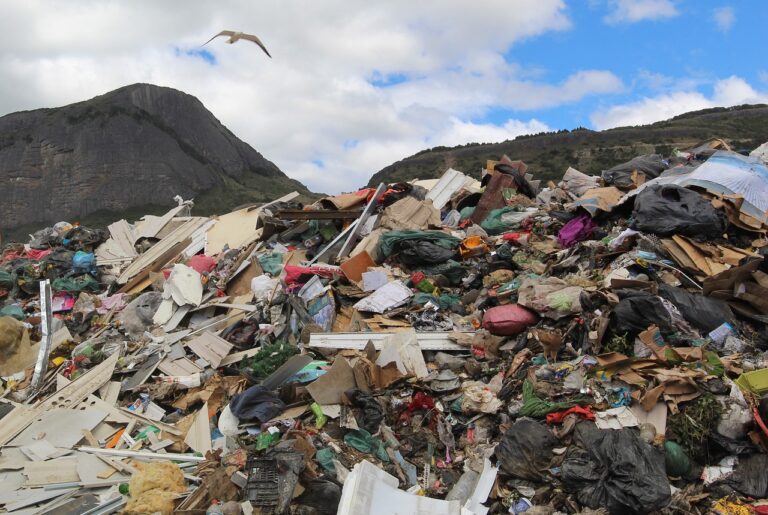The zero waste movement is based on the idea that the production, consumption, and disposal of material goods should be managed so that they do not end up in landfills or incinerators. Instead, people should aim to create as little waste as possible during their daily activities.
Also to ensure that no unwanted matter ends in nature by recycling or reusing it for another purpose. This requires changing our habits, lifestyle choices, and working methods. This is not easy, but the benefits are many: less pollution and more efficient use of resources, water, oil, or gas.
Table of Contents
The 7 Rs of sustainability
The 7Rs of sustainability are a framework that helps businesses make their operations more sustainable.
The 7Rs stand for:
- Reduce: reduce the amount of materials used in your products and processes;
- Recycle: recycle materials back into the manufacturing process or other products;
- Reuse: reuse materials, components, or parts in your products;
- Rethink: rethink how your business makes products, so they last longer and require fewer materials;
- Refuse: refuse to use materials that are damaging to the environment;
- Repair: repair broken items instead of throwing them away or replacing them with new ones;
- Reintegrate: reintegrate materials back into the manufacturing process so they can be used again.
New production chains: the circular economy
Circular economy is a new way of thinking that aims to reduce waste and ensure that nothing goes to landfill by creating closed loops in production processes.
These loops are called “industrial symbiosis (IS)“. IS aims to increase the efficiency of products and their reuse/recycling through cooperation between different actors, like companies and local communities. The goal is to create a business model based on circularity rather than linearity.
This new model encourages companies to develop products that can be reused or broken down for recycling. It also encourages consumers to buy products that can be reused/recycled without any additional cost for them or society.
In this way, the concept of circular economy is closely linked to sustainability. It aims to reduce the environmental impact of products their use of natural resources such as energy, water, and biodiversity.
This approach also helps companies improve their competitiveness by reducing waste and costs while increasing innovation capacity.
How to apply the zero waste philosophy
The first step in applying the zero trash philosophy is to reduce the amount of waste you produce. This can be done by reducing consumption, reusing items, and recycling materials.
Once you have reduced your waste, you can start composting food scraps and other organic matter that cannot be recycled or reused. This will help reduce your garbage bag size and add nutrients to your garden soil.
After composting has been established for a few months, it’s time to begin considering how to reuse items instead of throwing them away when they become worn out or broken down. This might include using old clothing as rags or making t-shirt quilts for gifts instead of buying new ones from stores.
The final step in reducing waste is recycling items that can be reused or repurposed. You should begin by separating the different types of plastics, metals, and paper products you find at home into separate bins and taking them to the recycling center. After this has been established, start reusing items instead of throwing them away when worn out or broken down.
Zero Waste: the future knocks at the door
Despite arguments that the zero-waste philosophy can’t be applied in the urban context, it is a continually growing trend.
In the past seven years, Vancouver has cut its solid waste output by 20% and increased recycling to 64%. The city’s goal is to reach a 70% diversion rate by 2025 and become one of the world leader cities in fighting climate change.
The city of Montreal also adopted its own Zero Waste Management Plan (2018-2022). The plan is to reduce municipal solid waste going into landfills by 60% compared with 2008 levels and divert 90% of solid waste away from its landfills by 2025.
The future knocks at the door, so we must be ready. And this is not just a matter of having the right technology or new technologies available. Today, waste management is more than a way to protect the environment and human health. It’s also an opportunity to create value.
Is zero waste a reachable goal?
What’s the bottom line here? It’s all about sustainability and responsibility, two concepts that are becoming more and more central aspects of our everyday lives.
Our awareness of the effects we have on the world with our habits and lifestyles, is increasing—many people want to take steps to reduce their carbon footprint. Zero waste management is a viable option, and the benefits will only continue to become more apparent throughout the years.












